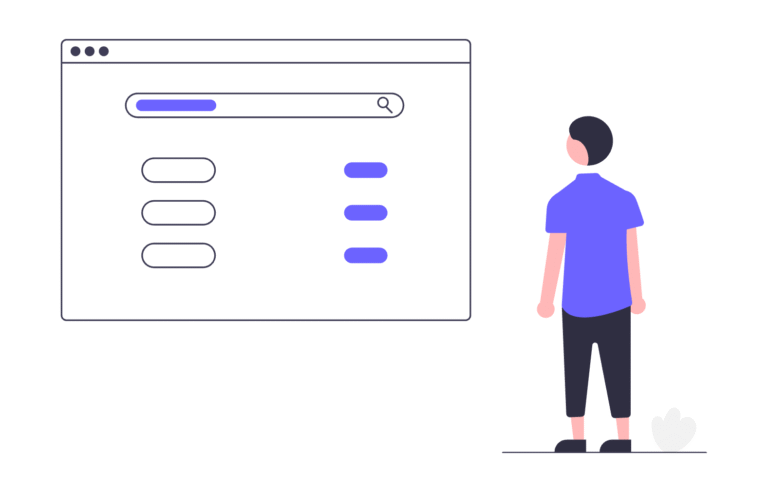Why digital hygiene is a team effort — and why business owners need to lead it.
We love to believe that one good system administrator can keep the whole business secure. And honestly? A responsible admin can do a lot.
With the right mindset, a few basic tools, and regular self-checks, they can:
- Catch forgotten services before attackers do
- Spot open ports and exposed panels early
- Keep passwords rotated and systems updated
- Respond quickly when something seems off
But here’s the catch: they’re human.
And humans get tired. Overloaded. Distracted.
The Problem Isn’t Knowledge — It’s Capacity
Most digital incidents don’t happen because people don’t know what to do. They happen because:
- The to-do list is too long
- Alerts go unnoticed in busy weeks
- Regulations feel like “nice to haves”
- Small things get postponed — and forgotten
- Teams are putting out fires instead of preventing them
Even the most careful admin can’t work 24/7.
And they shouldn’t have to.
You Need Hygiene — Not Heroics
Security isn’t about hero admins.
It’s about healthy habits — and support.
You can’t expect one person to notice every open port, manage every account, and remember every forgotten subdomain on top of their actual job.
Especially if you never ask them how things are going.
What Business Owners Often Miss
Most business owners want security — but assume it’s already handled.
If no one’s raising alarms, things must be fine… right?
Wrong.
Silence often means no one had time to look.
Here’s What You Can Do
You don’t need to micromanage your IT team.
But you do need to lead by example.
Ask these questions regularly:
- Do we have the basics covered? (asset inventory, exposed services, unused accounts)
- What tools are we using to track digital hygiene? Are they enough?
- When was the last time we reviewed what’s publicly visible?
- What’s falling through the cracks because people are too busy?
- How are we supporting the team so they don’t burn out or miss something?
You don’t need to be a cybersecurity expert to care.
You just need to treat it like you would finances, operations, or sales: something you ask about and follow up on.
Final Thought
A responsible admin with a few simple tools can make life very hard for an attacker. But no one can do it alone — not forever.
Security is a shared responsibility.
And leadership starts with paying attention.



